
Code: 04516985
Discourse on Civility and Barbarity
by Timothy Fitzgerald
In recent years scholars have begun to question the usefulness of the category of "religion" to describe a distinctive form of human experience and behavior. In his last book, The Ideology of Religious Studies (OUP 2000), Timothy ... more
- Language:
 English
English - Binding: Hardback
- Number of pages: 368
Publisher: Oxford University Press Inc, 2007
- More about this

You might also like
-

Arizona
17.34 € -
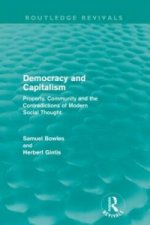
Democracy and Capitalism (Routledge Revivals)
66.88 € -

Disposable Bioprocessing Systems
284.52 € -

Contributions to Complex Analysis and Analytic Geometry
66.78 €
Give this book as a present today
- Order book and choose Gift Order.
- We will send you book gift voucher at once. You can give it out to anyone.
- Book will be send to donee, nothing more to care about.
More about Discourse on Civility and Barbarity
You get 111 loyalty points
 Book synopsis
Book synopsis
In recent years scholars have begun to question the usefulness of the category of "religion" to describe a distinctive form of human experience and behavior. In his last book, The Ideology of Religious Studies (OUP 2000), Timothy Fitzgerald argued that "religion" was not a private area of human existence that could be separated from the public realm and that the study of religion as such was thus impossibility. In this new book he examines a wide range of English language texts to show how religion became transformed from a very specific category indigenous to Christian culture into a universalist claim about human nature and society. These claims, he shows, are implied by and frequently explicit in theories and methods of comparative religion. But they are also tacitly reproduced throughout the humanities in the relatively indiscriminate use of "religion" as an a priori valid cross-cultural analytical concept, for example in historiography, sociology, and social anthropology. Fitzgerald seeks to link the argument about religion to the parallel formation of the "non-religious" and such dichotomies as church-state, sacred-profane, ecclesiastical-civil, spiritual-temporal, supernatural-natural, and irrational-rational. Part of his argument is that the category "religion" has a different logic compared to the category "sacred," but the two have been consistently confused by major writers, including Durkheim and Eliade. Fitzgerald contends that "religion" imagined as a private belief in the supernatural was a necessary conceptual space for the simultaneous imagining of "secular" practices and institutions such as politics, economics, and the Nation State. The invention of "religion" as a universal type of experience, practice, and institution was partly the result of sacralizing new concepts of exchange, ownership, and labor practices, applying "scientific" rationality to human behavior, administering the colonies and classifying native institutions. In contrast, shows Fitzgerald, the sacred-profane dichotomy has a different logic of use.
 Book details
Book details
Book category Books in English Humanities Religion & beliefs Religion: general
44.18 €
- Full title: Discourse on Civility and Barbarity
- Author: Timothy Fitzgerald
- Language:
 English
English - Binding: Hardback
- Number of pages: 368
- EAN: 9780195300093
- ISBN: 0195300092
- ID: 04516985
- Publisher: Oxford University Press Inc
- Weight: 682 g
- Dimensions: 243 × 163 × 28 mm
- Date of publishing: 27. November 2007
Trending among others
-

The Greatest Salesman in the World
8.87 € -21 % -

The Psychology of Selling
15.53 € -26 % -
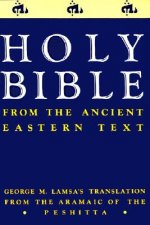
Holy Bible
59.92 € -
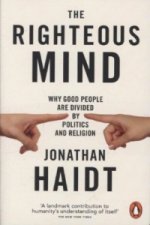
The Righteous Mind
14.32 € -22 % -
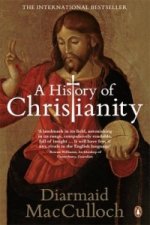
History of Christianity
18.66 € -23 % -
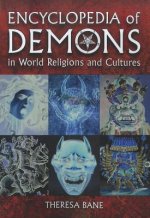
Encyclopedia of Demons in World Religions and Cultures
49.83 € -
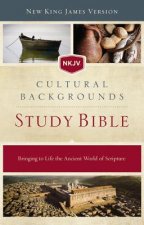
NKJV, Cultural Backgrounds Study Bible, Hardcover, Red Letter
48.82 € -18 % -

Miracle of Mindfulness
13.11 € -23 % -
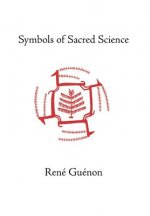
Symbols of Sacred Science
38.43 € -
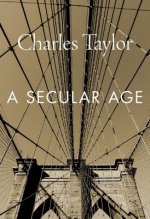
Secular Age
88.27 € -
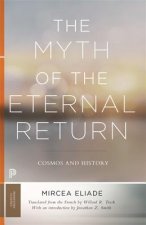
Myth of the Eternal Return
22.69 € -15 % -

Voeluspa and Havamal: Old Norse Text and Heathen English Translation
15.12 € -
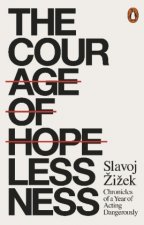
Courage of Hopelessness
10.89 € -23 % -
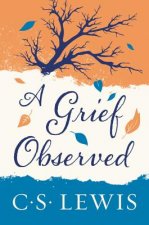
Grief Observed
19.36 € -
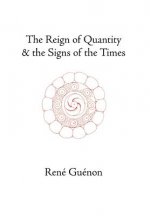
Reign of Quantity and the Signs of the Times
33.69 € -
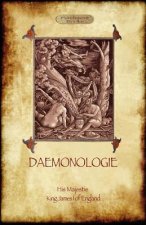
Daemonologie - with Original Illustrations
13.91 € -
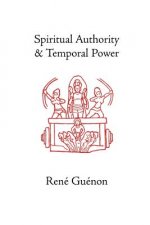
Spiritual Authority and Temporal Power
17.44 € -

Natural Law and Natural Rights
65.98 € -

Oxford Textbook of Spirituality in Healthcare
134.38 € -
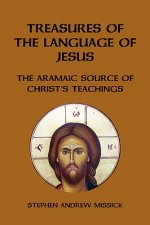
Treasures of the Language of Jesus
19.87 € -13 % -
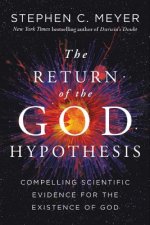
Return of the God Hypothesis
23.80 € -22 % -
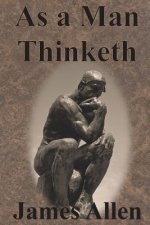
As a Man Thinketh
5.84 € -7 % -

The Happiness Hypothesis: Finding Modern Truth in Ancient Wisdom
15.53 € -26 % -
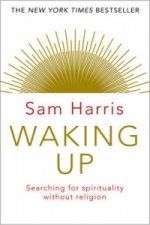
Waking Up
10.08 € -29 % -
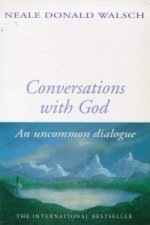
Conversations With God
10.89 € -26 % -
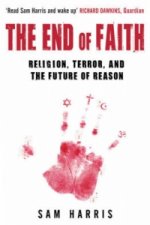
End of Faith
9.47 € -23 % -
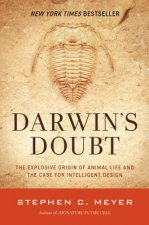
Darwin's Doubt
19.06 € -7 % -

Mabon
11.59 € -17 % -
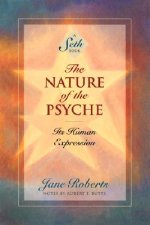
Nature of the Psyche
20.77 € -18 % -

American Cosmic
20.47 € -28 % -
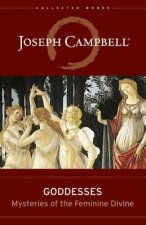
Goddesses
22.89 € -17 % -
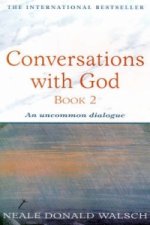
Conversations with God - Book 2
11.39 € -22 % -

Stoic Six Pack: Meditations of Marcus Aurelius the Golden Sayings Fragments and Discourses of Epictetus Letters from a Stoic and the Enchiridion
35 € -
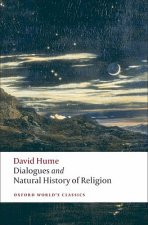
Dialogues Concerning Natural Religion, and The Natural History of Religion
8.87 € -20 % -
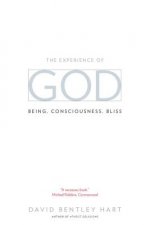
Experience of God
17.85 € -15 % -

Improbable Planet - How Earth Became Humanity`s Home
17.24 € -13 % -

Blackwell Companion to Natural Theology
42.47 € -8 % -
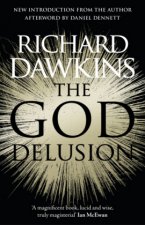
God Delusion
12.20 € -22 % -

Mindfulness Bliss and Beyond
14.22 € -28 % -

Cosmic Chemistry
17.34 € -17 % -

Seven Days That Divide the World
15.02 € -4 % -
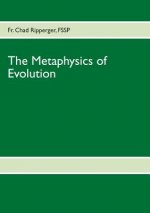
Metaphysics of Evolution
11.80 € -2 % -

Long Branches: Runes of the Younger Futhark
26.73 € -

Screwtape Letters
10.89 € -

Scientific Healing Affirmations
5.84 € -3 % -
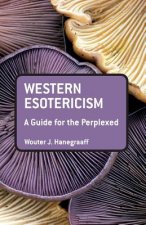
Western Esotericism: A Guide for the Perplexed
46.40 € -
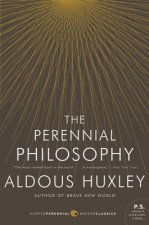
The Perennial Philosophy
16.64 € -13 % -
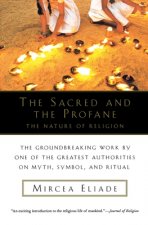
Sacred and the Profane
14.42 € -24 % -
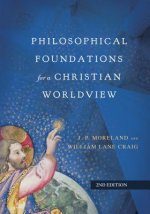
Philosophical Foundations for a Christian Worldview
51.45 € -27 %
Collection points Bratislava a 2642 dalších
Copyright ©2008-24 najlacnejsie-knihy.sk All rights reservedPrivacyCookies



 15549 collection points
15549 collection points Delivery 2.99 €
Delivery 2.99 € 02/210 210 99 (8-15.30h)
02/210 210 99 (8-15.30h)